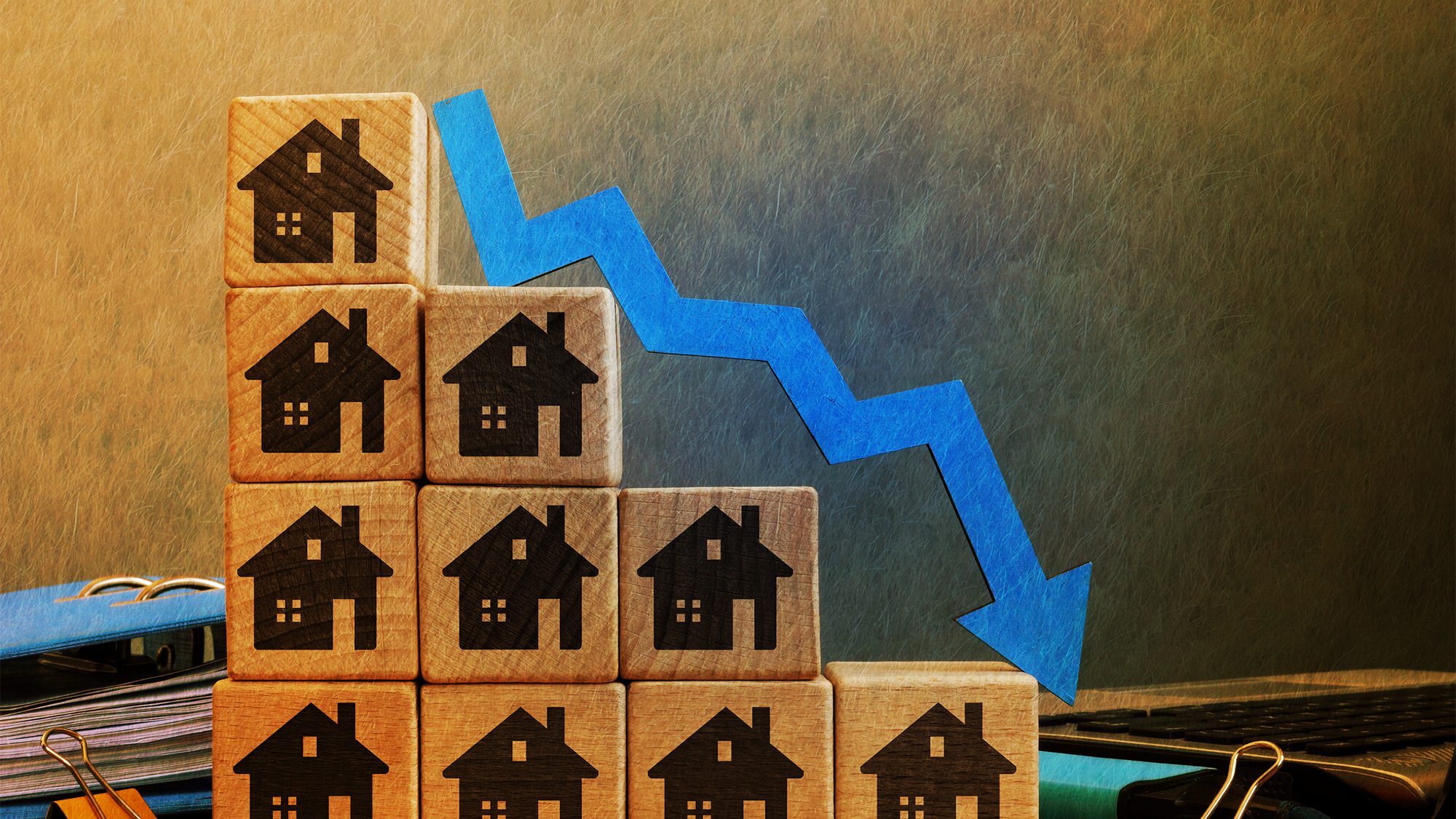What Is The Future Of Mortgage Rates Post-Covid?

COVID-19 pandemic has created uncertain economic situations not only for individuals and businesses but has also affected the housing market. Owing to the economic crash, mortgage and economic rates fell at their all-time lows. Experts had not predicted such a financial situation to arise in a global pandemic where the interest rates would be so low that many people would become interested in buying a home. Luckily, the mortgage professionals at Rex Homes have provided some helpful insight for how to navigate this uncertainty.
What happened to the Mortgage Rates in the first half of 2020?
During the first half of 2020 as the pandemic hit the US, mortgage rates dropped to their historic low. Banks were overwhelmed as they were transitioning to online-only services and adopting social distancing measures. Due to an influx in refinancing applications, banks were forced to artificially inflate the mortgage interest rates.
Banks also hesitated in giving our new loans to customers looking to buy a home as they feared that the price of houses would fall since people lost their jobs. Federal Reserve’s interest rate was also reduced to an all-time low at 0%. But as some states started adopting new normal policies to deal with the coronavirus, it has become easier and more affordable to get lower mortgage rates. Homebuyers are taking advantage of this record low rate and locking in their monthly payments for the future to buy homes.
What will happen to the Mortgage Rates in the second half of 2020?
Financial experts are estimating that the mortgage rates will continue to remain low even in the second half of 2020. Some experts believe that the rates might drop even further. These low rates are good for people looking to refinance or buy a new house.
Although the mortgage rates remain low, some banks have made it difficult to qualify for loans and may continue to keep the practice to prevent crash. This includes increasing the credit score requirement, and the minimum amount of down payment to qualify for new loans. It is also projected that banks may raise their interest rates to keep potential buyers away from more debt.

It is projected that with heavy buyer competition, or a significant shortage of supply, home prices may rise in the second half of 2020. In this case, buyers may enter into a bidding war and the banks may increase the rates to ensure that customers taking out home loans are able to pay them in the long term if the pandemic continues to create economic uncertainty.
If you are looking to buy a new home, you should understand that there is only so much that the lower mortgage rates can do to push home sales. Beyond mortgage rates and affordability, the bigger challenges that lie in the housing market include a lack of an affordable home. If you wish to purchase a home during this economic uncertainty, you can apply different tactics such as obtaining a mortgage pre-approval to give the sellers confidence that you can receive the loan and the sale will be completed. You can also make the seller feel more confident by informing them that you can be flexible about the closing date if required.
